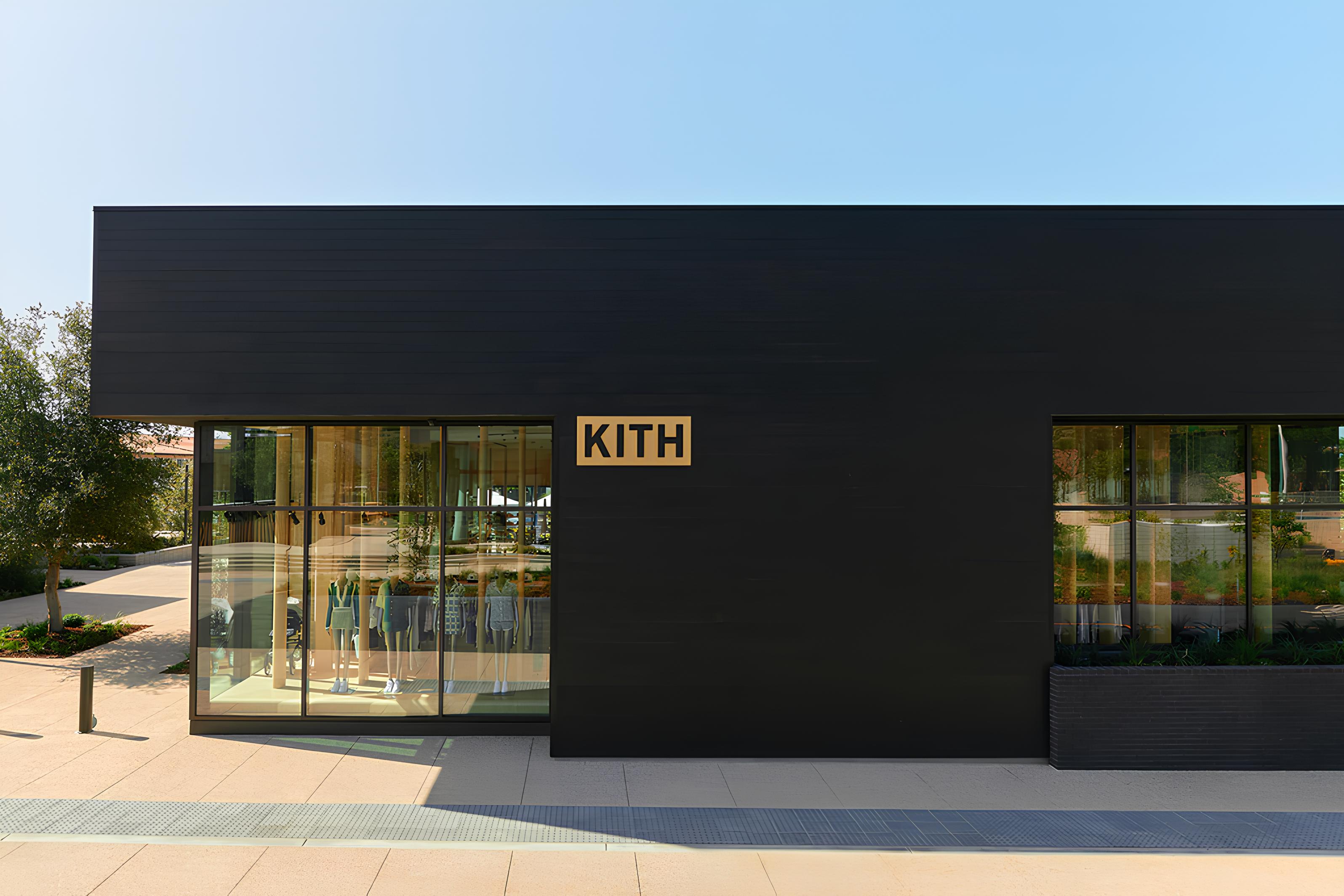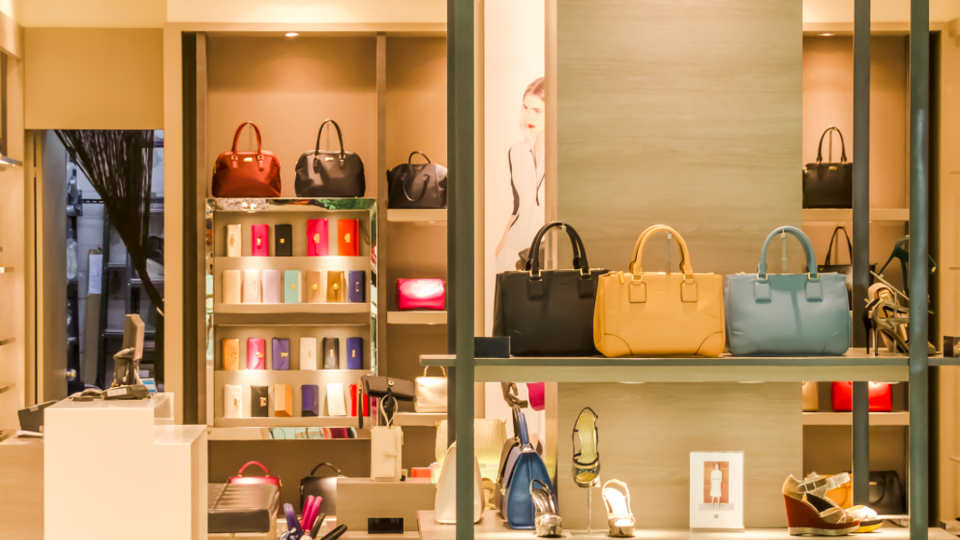Joe Burns, co-founder of development and design firm, Oliver Burns, explains why the luxury sector should be choosing sustainable alternatives in high end design

Joe Burns, co-founder of development and design firm, Oliver Burns, explains why the luxury sector should be choosing sustainable alternatives in high end design
Number 4 Walpole Mayfair features Maya Romanoff’s ethically sourced capiz shell wallpaper
Thoughtful luxury. Not two words that you would expect to find sitting side-by-side, but together they present an important concept and propose an idea of ethical standards in a luxury landscape.
Operating in super prime property and the luxury design market, it has become clear to me that there is a lack of sustainable or environmentally friendly solutions available for specification in high end design. Particularly concerning when the green agenda seems to be held in relatively high regard in other sectors, but not in luxury.
While the luxury industry is fairly small in comparison with other sectors, its contribution to the UK market place is significant, and is estimated to increase by a further 8.5% in 2012. In fact, forecasts by Ledbury Research predict the industry will be worth £9.1billion by 2015.
These figures should have us questioning the impact of this sector on the environment. It’s my opinion that not only is there a market for the luxury industry to embrace ethical and sustainable initiatives, but it is our duty to lead by example.
“ Not only is there a market for the luxury industry to embrace ethical and sustainable initiatives, but it is our duty to lead by example ”
Eco-Conscious Luxury
Whilst many larger brands are beginning to generate value based around sustainable design, as Anya Hindmarch proved with her ‘I’m not a plastic bag’ campaign, for many smaller businesses, sourcing robust eco-friendly products without compromising on luxury can be a challenge.
Certain suppliers in our market have started offering sustainable products, such as Maya Romanoff’s ethically sourced Capiz shell wallpaper, and Alulife’s beautifully recycled aluminium wall tiles, however these are scarce and there is little choice.
Whilst embracing a more sustainable business model can be daunting, an ethical approach has to start somewhere, and one of the first steps that can be achieved quickly is to offset your carbon footprint. This involves investing in or having a portfolio of conservation or renewable energy projects around the world, resulting in net carbon emissions of zero.
“ For many smaller businesses, sourcing robust eco-friendly products without compromising on luxury can be a challenge ”
There are a variety of companies that you can use to do this for you – we opted for CarbonNeutral®. Aligning your company with others undertaking similar measures can also be a good idea, for instance Sustain Worldwide is a business alliance that aims to aid, connect and inspire those in property that are committed to providing more ethical solutions.
While ‘carbon offsetting’ is an important and valuable initiative, it doesn’t reduce emissions, it only off-sets them and these are two very different concepts. The best way to get involved is to actually reduce your carbon footprint. Programmes such as Eco Step encourage companies to change the way they work by employing strategies to actively reduce their gross carbon emissions.
The three stages, Bronze through to Gold, allow businesses to work their way from committing to an appropriate Environmental Management System to the implementation and development of the system on a day-to-day basis. These steps make the overall task more manageable, and allow businesses to change organically, until thoughtful luxury and eco-friendly attitudes are engrained in the very fabric of the organisation.
“ Whilst many luxury businesses are taking some steps towards thoughtful luxury, it should really soon become a core part of our industry ”
Ethical Luxury
It’s also important to consider the long-term durability of products – the luxury industry demands products which are aesthetically beautiful but robust and hardwearing and with many products still in the beginning stages of development, there can be drawbacks to specifying them.
Bamboo carpets for example, are a beautiful and ethical solution, however these are much less durable than ordinary fibres, and replacing them more regularly would be more harmful to the environment in the long term.
Suppliers need to look at the demand for these ethical alternatives as an opportunity and step up to the plate, creating more sustainable products and long-term solutions that are thoroughly tested and durable which can be used at the very top of the market.
The future of our planet concerns all of us, and whilst many luxury businesses are taking some steps towards thoughtful luxury, it should really soon become a core part of our industry, and more than just an afterthought. “
To further investigate Sustainability on Luxury Society, we invite your to explore the related materials as follows:
– A True Marriage of Luxury & Sustainability: Tammy Frazer
– The Luxury Hybrid Automobile: Future or Fallacy?
– The Complexities of Ethically Sourced Precious Stones










